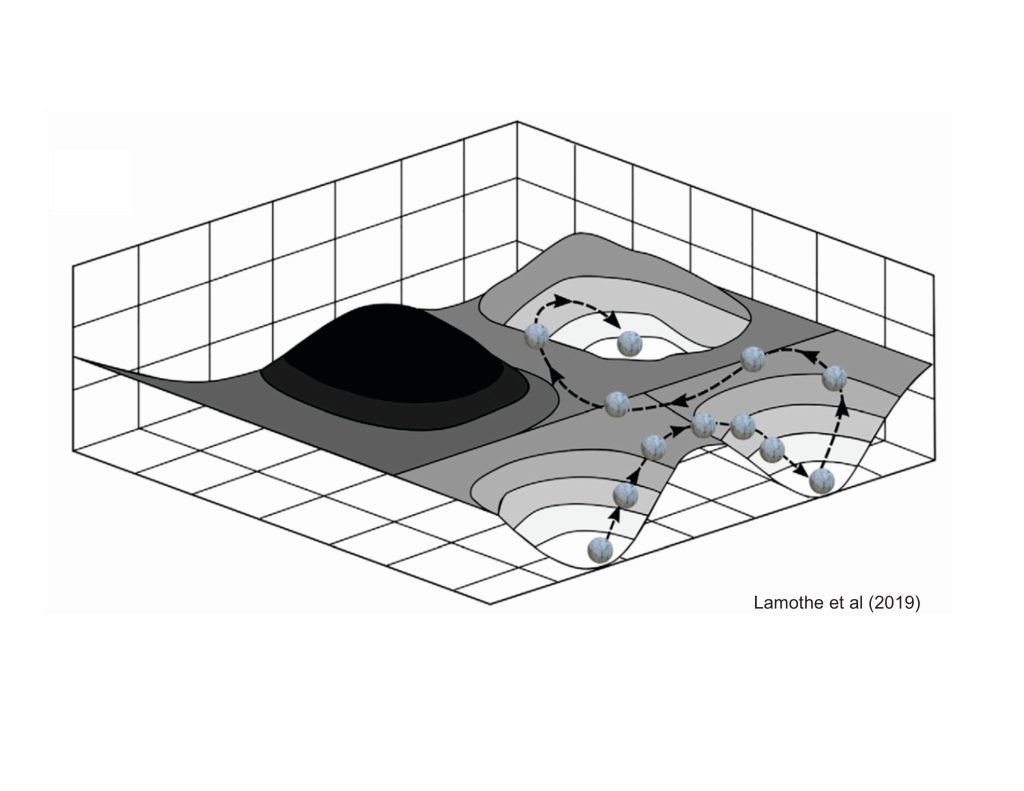Ecological data often present challenges for analysis with classical statistical methods. The multidimensional nature of ecological systems (numerous species and many associated environmental conditions), often with non-linear relationships results in opportunities to advance our statistical approaches to summarize and predict such relationships. We develop new methods and examine approaches from other fields provide opportunities to address new ecological questions and to better assess existing ones.

Select recent publications
Wang, L. and D.A. Jackson. 2023. Effects of sample size, data quality, and species response in environmental space on modeling species distributions. Landscape Ecology 38:4009-4031
Somers, K.M. and D.A. Jackson. 2022. Putting the Mantel Test back together again. Ecology 103, e3780.
Richter, I.A., Giacomini, H.C., de Kerckhove, D.T., Jackson, D.A., and N.E. Jones. 2022. Correcting for size bias in electrofishing removal samples. Ecological Modelling 467, 109929
Cordero, R. and D.A. Jackson. 2021. Abiotic factors influence species-pair co-occurrence of lake fishes. Journal of Animal Ecology 90: 2859-2874
Lamothe, K.A., K.M. Somers, and D.A. Jackson. 2019. Linking the ball-and-cup analogy and ordination trajectories to describe ecosystem stability, resistance, and resilience. Ecosphere 10(3), e02629
